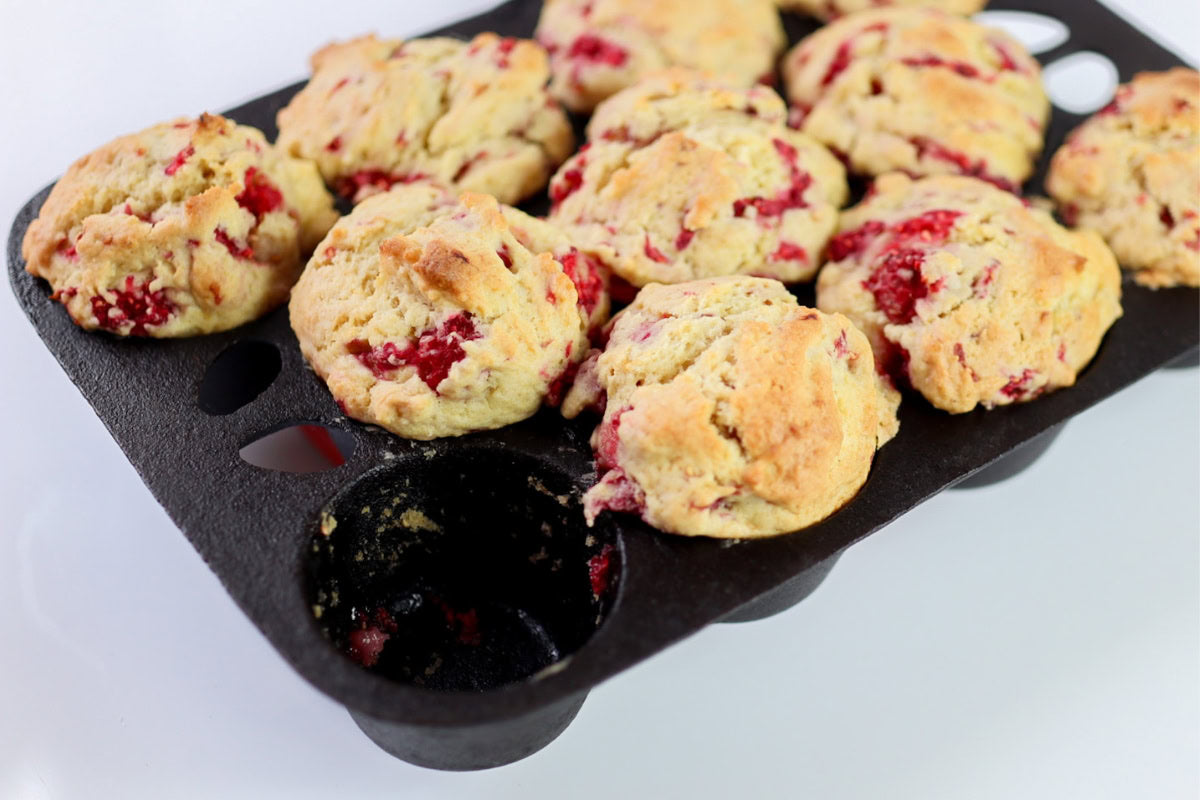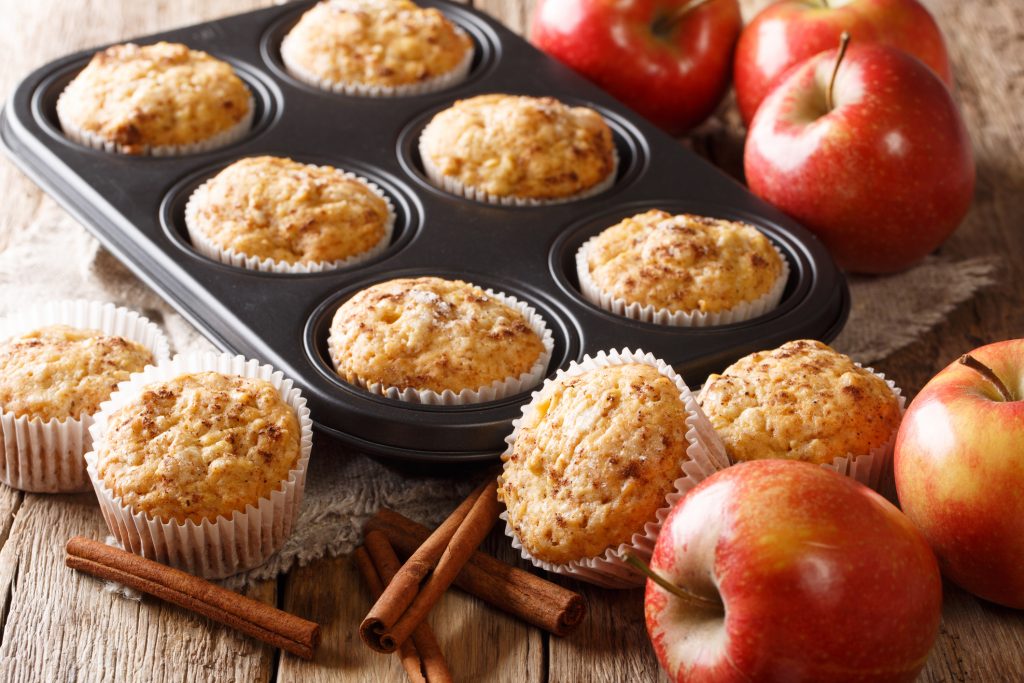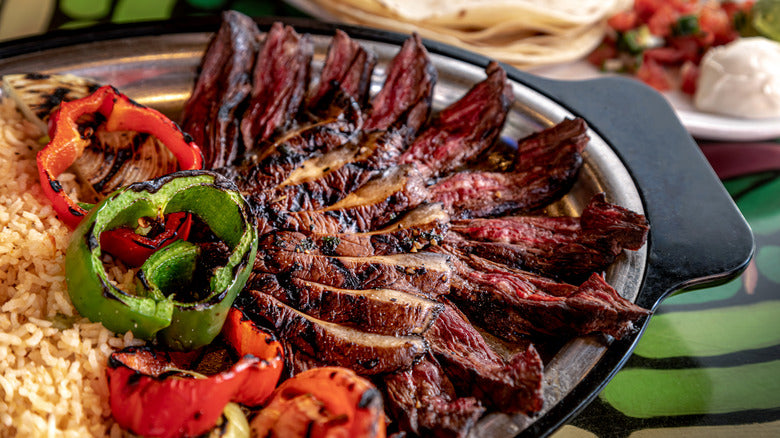For kitchen professionals, achieving the perfect muffin can sometimes be a sticky situation, especially when using a cast iron pan. Understanding why muffins stick to cast iron pan is crucial for both seasoned chefs and aspiring bakers. In this article, we'll delve into the common reasons behind this issue and provide practical solutions to ensure your muffins come out perfectly every time.

The Science Behind Sticking
The primary reason why muffins stick to cast iron pans is due to the unique properties of cast iron itself. Cast iron pans are renowned for their ability to retain heat, but this can sometimes work against you when baking muffins. The high heat retention can cause the muffin batter to cook too quickly along the edges, leading to sticking.
Additionally, the surface of a cast iron pan is not naturally non-stick. Unlike non-stick or silicone bakeware, cast iron requires seasoning to create a protective layer. If not properly seasoned, the porous surface can grab onto your muffin batter, causing it to adhere stubbornly.
Importance of Proper Seasoning
Seasoning your cast iron pan is one of the most effective ways to prevent sticking. A well-seasoned pan has a layer of polymerized oil that acts as a natural non-stick surface. However, even seasoned pans can lead to sticking if not maintained correctly. Regularly seasoning your pan and ensuring it is clean and dry before use can make a significant difference.
For a step-by-step guide on seasoning, you might find our article on the best cleaning brush for cast iron bakeware useful.
Temperature and Timing
Temperature control is another critical factor in preventing muffins from sticking. Preheating your cast iron pan can help create a more even cooking surface, reducing the likelihood of sticking. However, its essential not to overheat the pan, as excessive heat can cause the muffins to bake too quickly on the outside while remaining undercooked inside.
Timing also plays a crucial role. Removing muffins from the pan too soon can result in them sticking as they haven't had the chance to set properly. Allowing them to cool slightly in the pan before attempting to remove them can help ensure they come out cleanly.
Using Baking Liners and Release Agents
Another practical solution is the use of baking liners or release agents. Parchment paper liners can be a bakers best friend, providing a barrier between the muffin and the pan. If you prefer not to use liners, applying a thin layer of fat such as butter or oil can also help. Just ensure it's evenly spread across the surface of the pan.
For more on versatile baking techniques, check out these savory muffin pan recipes.
Maintaining Your Cast Iron Pan
Maintenance is key to the longevity and performance of your cast iron bakeware. Regular cleaning and proper storage can prevent rust and maintain the seasoning. Avoid using harsh detergents or abrasive scrubbers that can strip the seasoning. Instead, opt for a gentle scrub with a brush and warm water.
For detailed cleaning tips, consider reading our blog on cast iron vs stainless steel on induction.

Faq Section
1. Can I use a cast iron pan for all muffin recipes?
Yes, but adjustments in temperature and timing may be necessary depending on the specific recipe and ingredients used to prevent sticking.
2. How often should I season my cast iron pan?
It depends on usage. Regular use may require more frequent seasoning, but a general rule is to season it when food starts sticking or after every few uses.
3. What's the best fat to use for seasoning?
Vegetable oil, canola oil, and shortening are popular choices due to their high smoke points and effectiveness in creating a good seasoning layer.
Understanding why muffins stick to a cast iron pan and implementing these tips can transform your baking experience. With the right techniques, your muffins will not only taste great but also look perfect when they come out of the pan. For more insights into baking and kitchen tips, visit our blog.
This article contains affiliate links. We may earn a commission at no extra cost to you.






Leave a comment
This site is protected by hCaptcha and the hCaptcha Privacy Policy and Terms of Service apply.